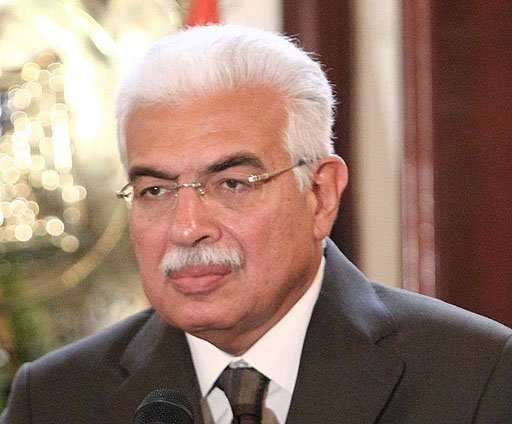CAIRO: The place of religion in the state, the powers of the presidential and nature of elections dominated the first of a series of Shura Council (SC) debates over the constitutional amendments, to which intellectuals and politicians will be invited.
Presidents of 10 political parties not represented in the SC commented on the amendments suggested by President Hosni Mubarak late last year.
SC President Safwat El Sherif, who is also the Secretary-General of the ruling National Democratic Party (NDP), chaired the discussion.
“Unrealistic was the term Mufid Shehab, minister of legal affairs and NDP member, used to describe demands made by the party presidents to draft a new constitution.
He said this would only be required in special historical moments such as 1923, where the constitution marked Egypt’s independence and1952 after the socialist revolution.
Skepticism soon began to take over the discussion. The invitees were concerned that their opinions would not be taken into consideration, which was the case before passing the amendment to Article 76 – regulating presidential elections – in 2005. Some even wondered why such discussions are held in the first place
But this did not deter them from voicing their opinions for the record.
Ahmed Hassan, secretary general of the Nasserist Party, demanded Article 76 be amended to allow all parties to run in presidential elections regardless of the percentage of representation in parliament
The current text of the article sets stringent conditions that arguably can only be met by the NDP.
Hassan, who demanded that the constitution retain all clauses pertaining to the socialist economic identity of the country, was also concerned that judicial supervision of elections would be undermined by the amendments.
However, said that such total supervision is now difficult to attain, since the numbers of registers voters have increased. But he said that judicial supervisions will be preserved one way or another.
Fawzy Ghazal, president of Egypt 2000 Party, commented on Article 77, saying that keeping the number of presidential terms open would only encourage authoritarianism.
Mamdouh Qinawy, president of the Constitutional and Social Party, suggested that the prime minister elected by the majority party the People’s Assembly as opposed to being appointed by the president.
Qinawy also brought up the long-running debate over Article 2 which stipulates that Islam is the main source of legislation. He demanded that Egypt should be run by a civil democratic system that takes morality and humanity, not religion, as a reference.
On the same note, the President of the Conservatives Party Mostafa Abdel Aziz said that the amendments should include a ban on economic activities based on religion, just as they have prohibited religious political parties.
The contested emergency law was also discussed. Shehab indicated that alternatives might soon be offered.
“Egypt has suffered from terrorism, he explained, “but at the same time the ongoing state of emergency implies that Egypt is unstable and this is something President Mubarak refuses.
Throughout this week representatives of professional syndicates and specialized national councils, such as the National Council for Women, will be invited to both Upper and Lower houses of Parliament to participate in the debate over the current constitutional amendments


